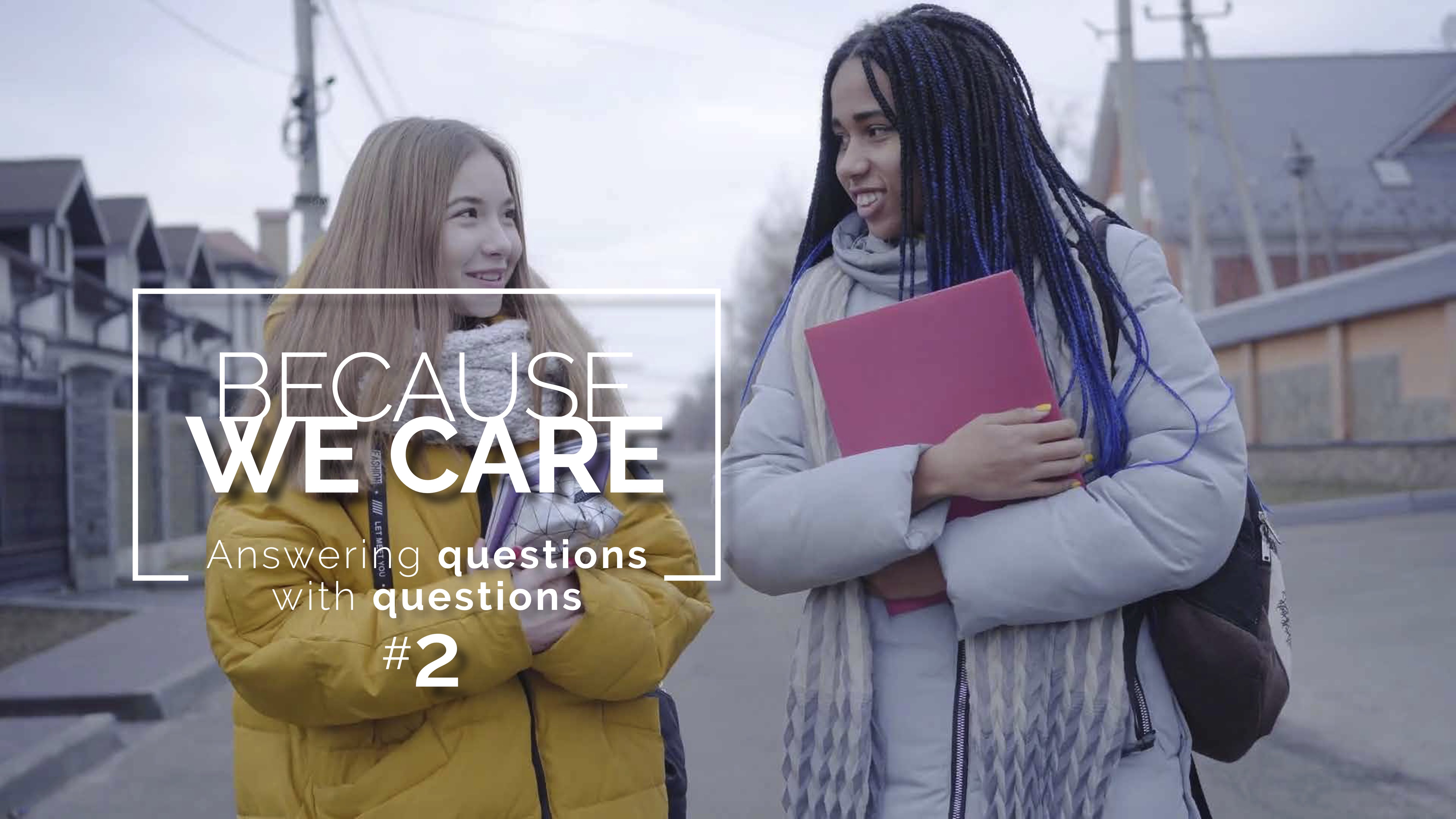Because We Care – Conversation in a Hostile Environmentনমুনা


ANSWERING QUESTIONS WITH QUESTIONS
Have you ever been in a group where you had a strong opinion on something, but decided to stay silent? What was the situation, and why did you choose silence?
Have you ever been part of a group in which your own views were the minority, and you felt pressured into silence? What happened?
As you read Matthew 22:15-22 consider these:
• Why was this question a trap?
• How did they seek to lull Jesus into a false sense of security through flattery?
• What things are clever about the way Jesus replied?
CONSIDER:
What might a similar ‘no win’ (trap) question be for us today? Should we ever deny the truth to keep the peace?
Is saying nothing the same as denying the truth? (Consider Jesus’ example).
Why is giving opinions on some things ‘toxic’? (What might others be wrongly assuming when we state our belief?)
Regarding the topic of tolerance, consider these questions:
• Is it intolerant to disagree with someone’s beliefs or actions?
• If it isn’t intolerant to disagree, what then is intolerance? (It is when we judge a person’s character or treat them differently because of what they believe).
• Is all intolerance wrong? (Would you tolerate child abuse or violence?)
• Where does the standard come from that determines what we should or should not tolerate?
• Is a Christian being intolerant when they say they believe a certain thing is morally wrong, because they believe the Bible? Why / Why not?
• Is a non-Christian intolerant when they accuse a Christian of being intolerant for believing something different to themselves? (Yes, as they have shifted from the topic to judging our character and person).
• Do you think the public and public media generally understand this simple distinction between disagreement and intolerance? If not, what is the implication for us?
We are wise not to directly state some things – but instead to ask questions in the hope of discussing the ‘topic behind the topic’.
REFLECTION:
Reflect on the list of ‘toxic topics’ you created on Day 1 of this devotional.
How could you reply a question about each topic with a question, to avoid giving a personal answer while potentially opening up a meaningful conversation?
PRAYER POINTS:
- For growing wisdom in conversations.
- For those you would love to see consider and come to faith in Christ.
- For the preservation of our freedoms of information, conscience, speech and religion.
Be encouraged as you engage conversations to share and encourage faith!
EXTRA REFERENCE:
(1) Freedom of information = access to information including both sides of a matter.
(2) Freedom of conscience = the freedom of individuals to draw their own conclusions, based upon the information they have. Without the freedom of information there is no true freedom of conscience.
(3) Freedom of speech = the freedom of those individuals to state their opinion without being unduly criminalised or victimised for it. This is vital to the freedom of information.
(4) Freedom of religion = freedom for individuals to hold their own religious views without being unduly criminalised or victimised.
ধর্মগ্রন্থ
About this Plan

“I am sending you out like sheep among wolves…be as shrewd as snakes…innocent as doves” Matthew 10:16. Culture is ever-changing, meaningful conversations can become more difficult as hostility increases. This plan will encourage you to learn from Jesus example as he engaged with the interested, only sought to intrigue the disinterested, and deflected the hostile. He both thrived and achieved his purpose on earth despite hostility, and so can we!
More









